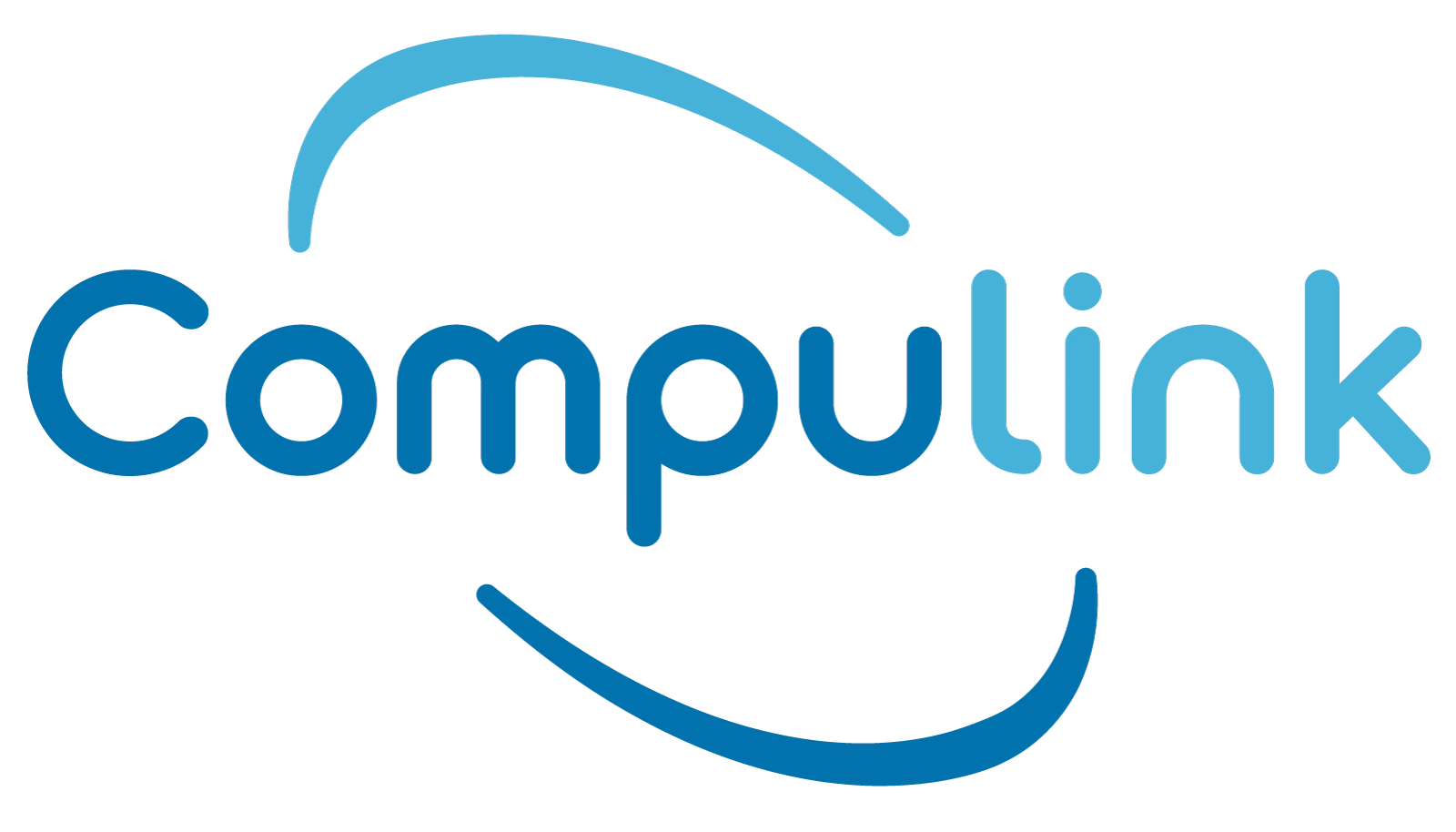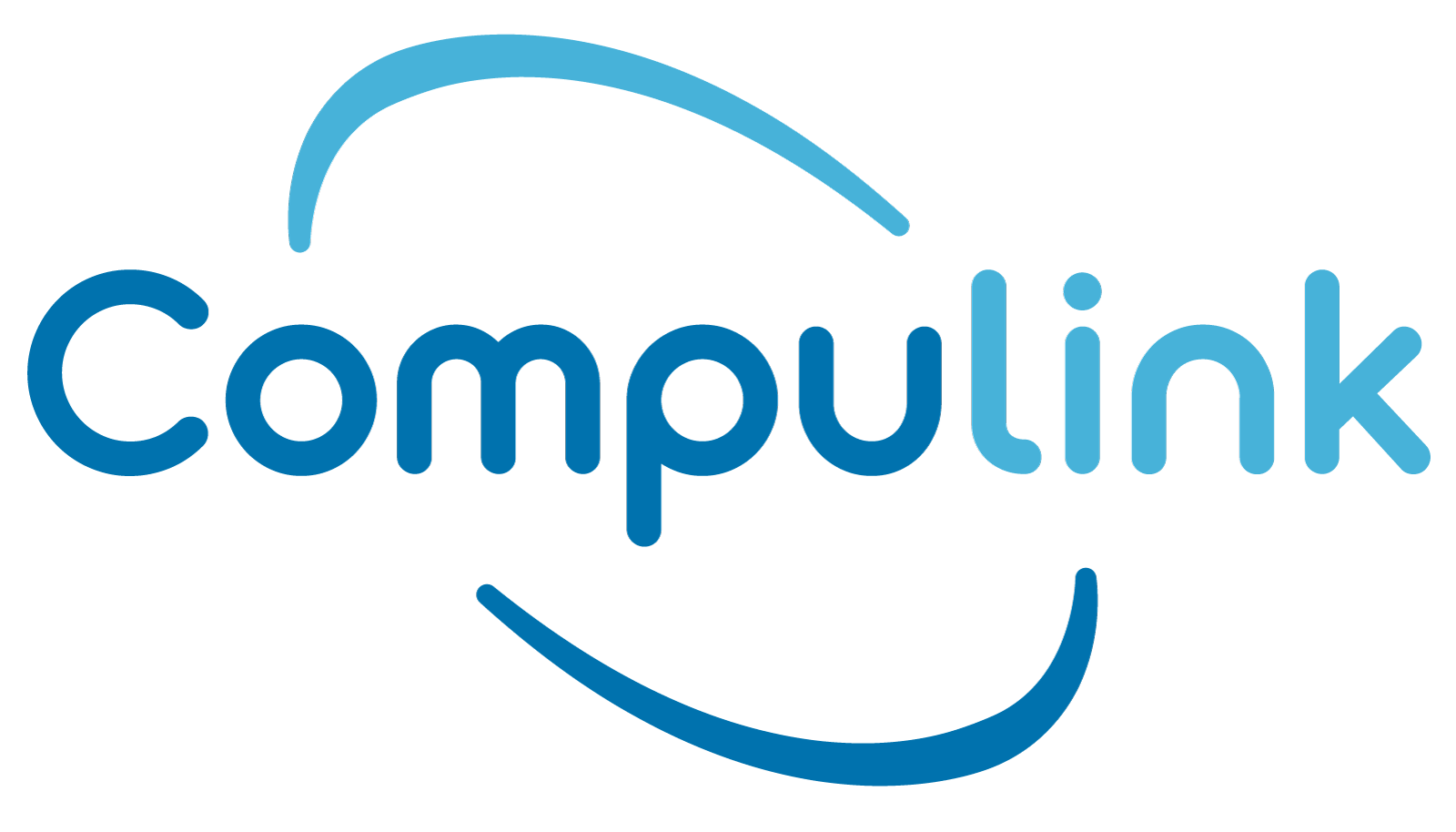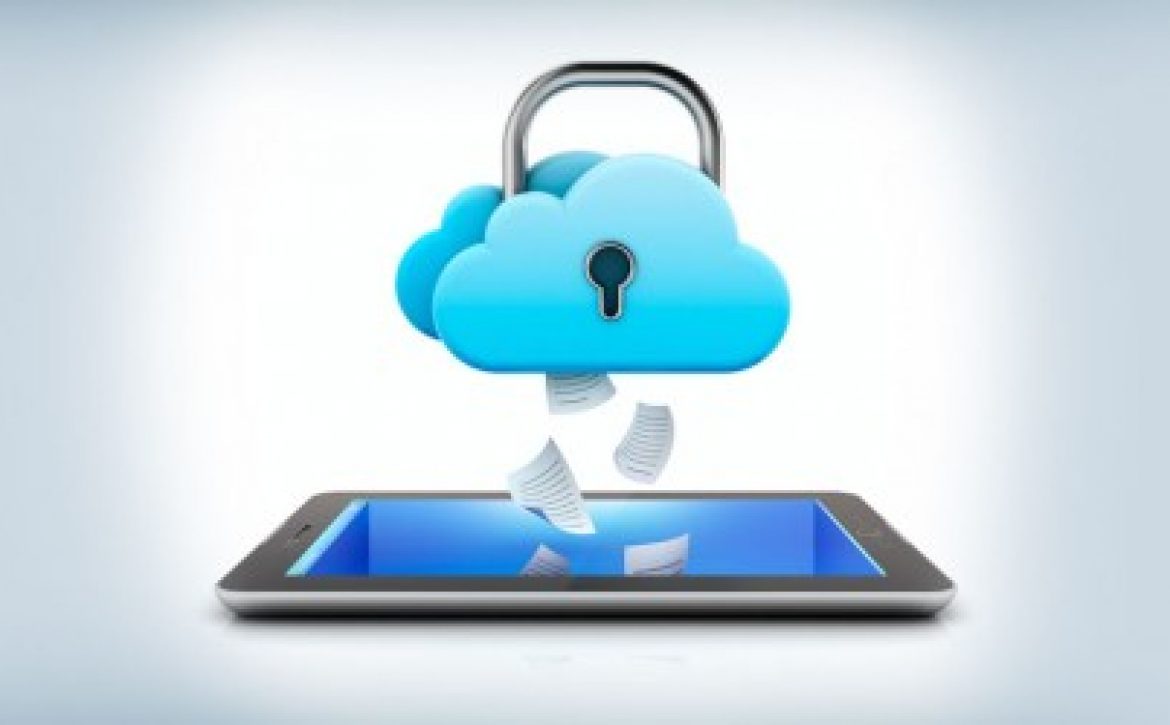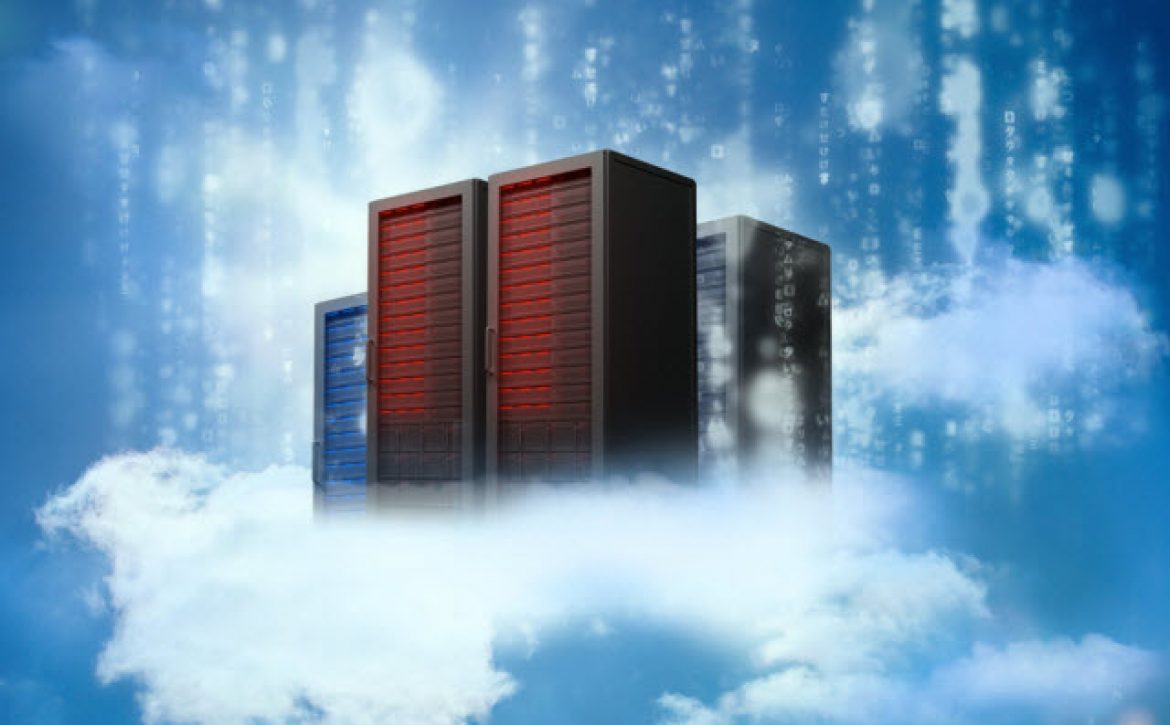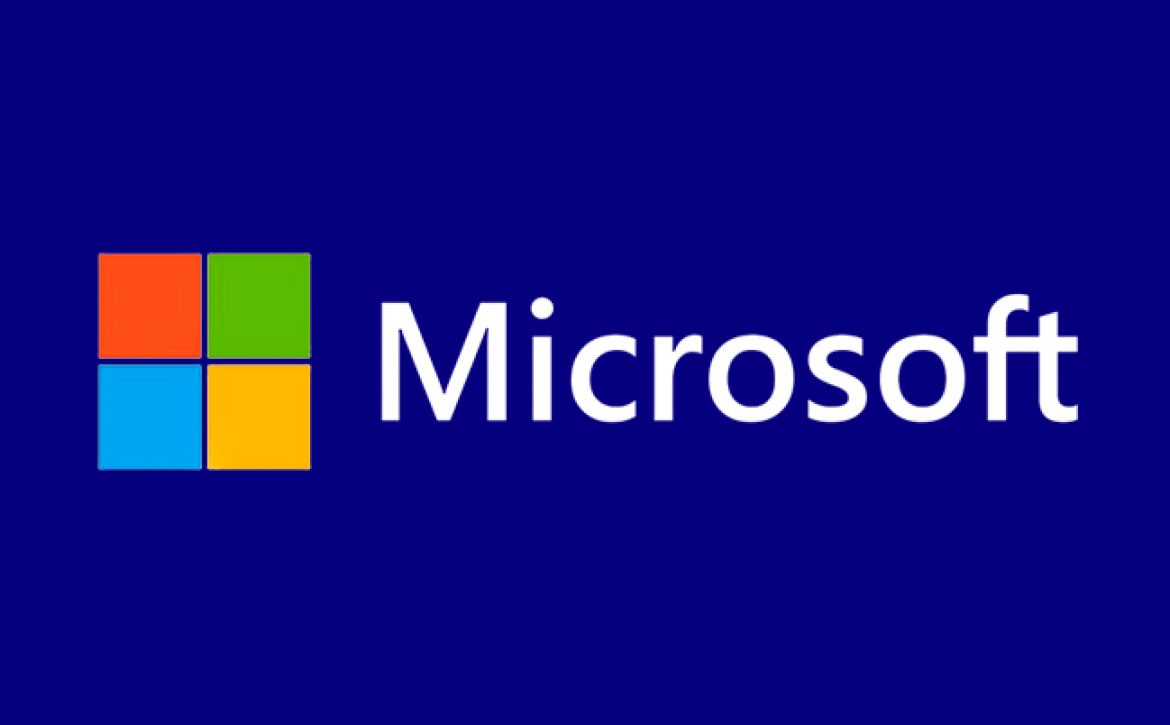Weekly Business Cyber Security Series: Shifting To the Cloud
One of the continuing trends is that businesses are starting to shift their data protection to the cloud for more security. If you own or operate a business and you use your internal network or a data center, you might want to consider this. Now this obviously depends on the size and scope of your business. However, regardless of that, you may want to invest in some cloud backup for important data.
What is the cloud?
It is really hard to explain a cloud in technical detail, but it is essential a virtual storage room for your business that exist separate from your network. What it does, it uses servers to create space on the internet, in order to save all important data and applications. It also allows people to access it from anywhere, with the proper passwords and access level. This tends to be very secure, and good for small business. It also allows them to invest in business applications and other things to improve business. It also allows employees to access vital work from home.
Why is the cloud a good choice?
The cloud is a great choice for businesses because of its affordable, scale-able, and secure. It is an on demand service for companies and you pay for the amount of storage you need. This can grow or shrink depending on your need. Also, if you’re a small business, you don’t have to invest in a massive amount of servers to store data. The security aspect comes from you cloud provider, and that mean they handle most of the hardcore stuff. You have to decide who gets access and how much access they get. This also mitigates the risk for you, because you cloud provider is responsible for anything compromised from your cloud.
What kind of cloud options are there for my business?
There are plenty of options and you have to pick which one is best. The following options tend to be offered the most.
Software as a service (SaaS)- This is licensing software on a subscription bases. Like Microsoft Office 365.
Platform as a service (PaaS)- This is using a cloud to develop applications. If you have something that manages your company’s finances, that is considered an application. PaaS provides back up for it. It also allows you to develop applications on the cloud, for example a mobile app for phones.
Infrastructure as a Service (IaaS)- This is what this blog is mostly about. This allows your cloud to act as storage and backup. This is one of the best cyber security solutions for any business and if you don’t have it, you should look into it. It basically stores your important information in a cloud on or off site depending on your choice.
Public Clouds- Which do each of the other options, but you would be lumping in your stuff with other companies. This tends to come with a subscription to have this provided for you.
Private Clouds- This is a cloud that is solely built and used by you. You decide who gets access and what you want the cloud to be used for. This can be quite expensive and unnecessary depending on the size and scope of your business. This is also done on premises with your network infrastructure.
Hybrid Cloud- It is a mixture of both public and private cloud. You can have some cloud capabilities used by an on site private cloud. Then you can use a public cloud for other things that you choose.
IaaS is great for security
This blogs talks about using cloud solution for security purposes, and IaaS is what would provide you with that security. The new age of cyber hacking mean that all businesses are at risk, and if you don’t use the best security options, you risk losing your business.
